The Bonn SDG Fellowships for 2024 offer an exciting opportunity for international postdoctoral researchers to collaborate with tenured faculty members at the University of Bonn on projects related to the Sustainable Development Goals (SDGs) outlined by the United Nations in its Agenda 2030. This fellowship program aims to foster joint research endeavors and academic exchange focused on addressing the challenges and objectives of sustainable development.
Program Overview
- Collaborative Research: The fellowship program facilitates collaboration between tenured professors at the University of Bonn and international postdoctoral fellows. These collaborations typically last for one or two semesters, during which fellows engage in research and teaching activities alongside their Bonn-based counterparts.
- Special Regional Focus: The University of Bonn emphasizes collaboration with researchers from regions facing significant challenges in implementing the SDGs, particularly in Africa, Asia, and Latin America. Researchers from these regions are given preference for the Bonn SDG Fellowships, aligning with the spirit of the 17th Sustainable Development Goal, “Partnerships for the Goals.”
- Eligibility Criteria: Post-doctoral researchers from the aforementioned regions, invited by a professor at the University of Bonn for joint research projects, are eligible to apply. Applicants should demonstrate expertise in areas relevant to the SDGs and possess a long-term affiliation with academic or research institutions in their home countries.
Benefits and Funding
- Financial Support: The fellowship provides a monthly stipend of €3,000, along with additional allowances for travel, family members, and research expenses. However, insurance coverage and housing arrangements are not included in the scholarship.
- Duration: The funding is available for a minimum period of three months and a maximum of twelve months, allowing ample time for collaborative research and academic engagement.
Application Process
Interested candidates must submit a comprehensive application package, including:
- Online application form
- Project description outlining the proposed research project, its multidisciplinary relevance, the fellow’s contribution to research and teaching, collaboration history, integration into the host institute, and plans for future collaboration and outcomes.
- Curriculum Vitae (CV)
- Financing plan detailing the projected expenses and budgetary considerations for the fellowship period.
Deadline and How to Apply
The application deadline for the Bonn SDG Fellowships is April 30th, 2024. Applicants are required to complete the online application form and submit all relevant documents as outlined in the application guidelines.
Please note that while the International Office facilitates the fellowship program, it does not facilitate direct contact between interested fellows and faculty members at the University of Bonn.
Empowering African Researchers: The Transformative Impact of Bonn SDG Fellowships
The importance of research collaboration for African researchers participating in the Bonn SDG Fellowships cannot be overstated. Here are some key points highlighting the significance of research collaboration:
- Addressing Regional Challenges: Collaboration with tenured faculty members at the University of Bonn provides African researchers with an opportunity to address region-specific challenges related to the implementation of the Sustainable Development Goals (SDGs). By working with international partners, African researchers can gain insights into global best practices and tailor solutions to local contexts.
- Access to Resources and Expertise: The fellowship program offers access to resources and expertise available at the University of Bonn. This includes state-of-the-art facilities, research infrastructure, and mentorship from experienced academics. African researchers can leverage these resources to enhance the quality and impact of their research projects.
- Multidisciplinary Perspectives: The collaborative nature of the research projects encourages multidisciplinary perspectives. By engaging with experts from diverse academic backgrounds, African researchers can explore innovative approaches to addressing complex development issues. This interdisciplinary approach fosters holistic solutions that consider social, economic, and environmental dimensions of sustainable development.
- Capacity Building: Participation in collaborative research projects contributes to capacity building among African researchers. Through knowledge sharing and skills transfer, researchers can enhance their research capabilities, develop new methodologies, and build networks with peers and mentors. This strengthens the research ecosystem in Africa and promotes academic excellence on the continent.
- Promoting Global Engagement: Research collaboration with international partners enhances the visibility and impact of African research on the global stage. By disseminating research findings through international publications, conferences, and collaborations, African researchers can contribute to global discussions on sustainable development and advocate for policy change at both regional and international levels.
In summary, research collaboration under the Bonn SDG Fellowships offers African researchers a unique opportunity to contribute to the global agenda for sustainable development while addressing region-specific challenges. Through collaboration, capacity building, and knowledge exchange, African researchers can play a pivotal role in shaping a more sustainable and equitable future for their communities and the world at large.



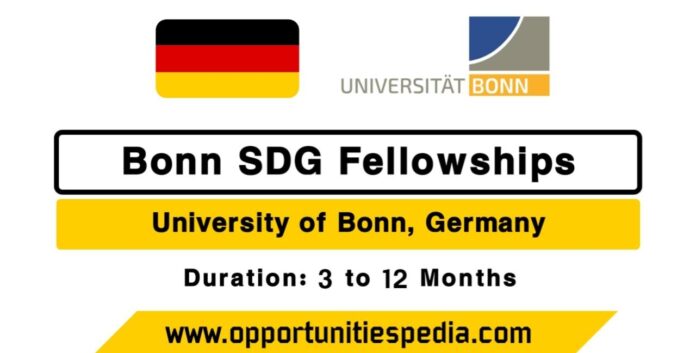
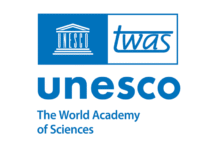

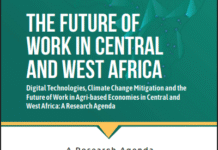
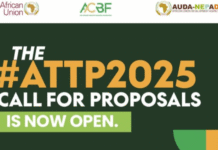



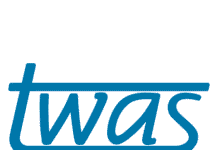
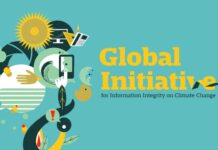



 The African Research (AR) Index is a comprehensive scholarly directory and database focused explicitly on journal publishers that publish and disseminate African research.
The African Research (AR) Index is a comprehensive scholarly directory and database focused explicitly on journal publishers that publish and disseminate African research.

